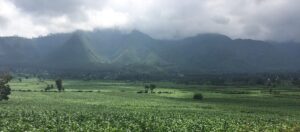- SIWI – Leading expert in water governance
- /
- Latest
- /
- Water and land: Partners in climate mitigation
Water and land: Partners in climate mitigation
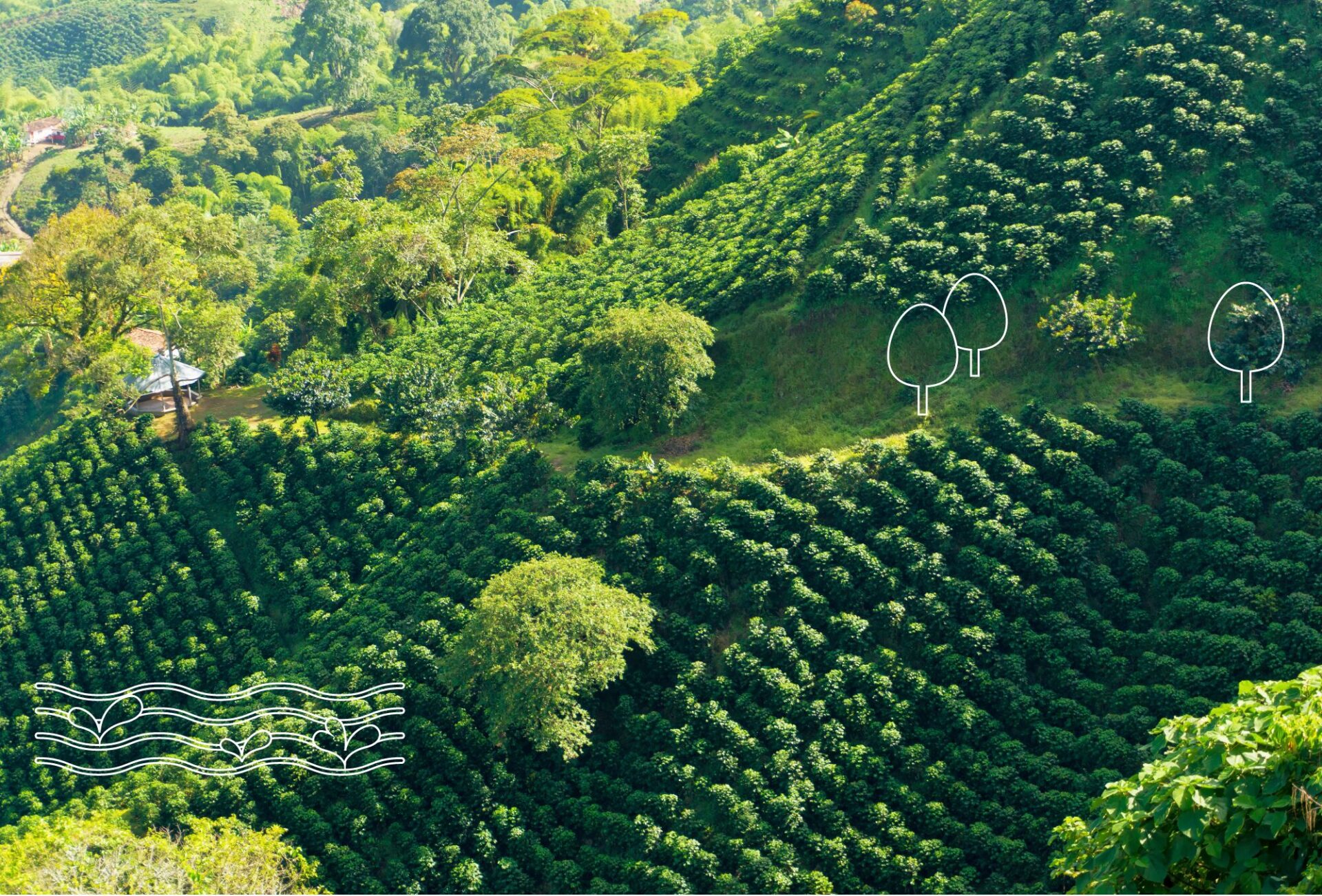
Water and climate mitigation are intrinsically linked, yet severe knowledge gaps exist on the complexities and potentials between them. Experts teamed up to expose these gaps, alert to policy implications, and exchange knowledge in the sixth chapter of the landmark report, The Essential Drop to Reach Net-Zero.
The Stockholm International Water Institute (SIWI), along with partners the Water Governance Facility, the United Nations Development Programme, Deutsche Gesellschaft für Internationale Zusammenarbeit (GIZ), Potsdam Institute of Climate Impact Research, and the Stockholm Resilience Centre, released the report The Essential Drop to Reach Net-Zero: Unpacking Freshwater’s Role in Climate Change Mitigation in 2022, after nearly two and half years of work.
Chapter 6: Mitigation measures
Now, the chapter, “Chapter Six: Mitigation measures in land systems”, gets a special highlighted debut. This chapter delves into the critical role that freshwater in land-based ecosystems and agricultural systems plays in climate mitigation and adaptation. It discusses the mitigation potential of forests, grasslands, pastures, and croplands, as well as the impacts and dependencies between these systems and water. The chapter also considers the potential governance implications of different policies.
Land system mitigation potential
When climate mitigation is discussed, land systems are a pivotal area to unlock. Forestry and agriculture as a sector can provide 20-30% of mitigation required to ensure global warming remains at less than 1.5 degrees Celsius pre-industrial levels. This is the only sector where large scale carbon dioxide removal may be possible. In land-based systems, with the right measures, it is possible to reduce emissions from agriculture and forests, sequester carbon in trees, plants and soils, and protect existing greenhouse gas sinks in forests, wetlands, peatlands, and soils. Conserving, restoring, and managing land and forests sustainably have the potential to decrease flood risks, increase groundwater recharge, decrease droughts by improving soil moisture through increased water vapor exchange with the atmosphere, reduce emissions from agriculture and degraded land, and enhance the capacity of ecosystems and agroecosystems that sequester carbon.
Water and land systems
However, land systems rely on, and depend on, the water cycle. Preventing deforestation and degradation helps preserve the water cycle, the key regulator of energy, water, carbon, and nutrients. It also has local carbon storage effects and the potential to multiply carbon mitigation benefits by sustaining downwind rainfall over other ecosystems.
This chapter, and the report, have even more vital information to impart, placing particular emphasis on the linkages between land systems and water when considering climate mitigation plans, policies, and governing strategies. To find out more about the potential benefits and tradeoffs of the linkages between water and land, download a copy of the report, or of the sixth chapter, Mitigation measures in land systems, or take a look at The Essential drop to Net-Zero collaboration.
About Chapter 6

What is the role of water in land-based climate mitigation? 3 questions to Malin Lundberg Ingemarsson and Lan Wang Erlandsson
- Freshwater and ecosystems/biodiversity
- Water in landscapes
- Wetlands
- Water and climate
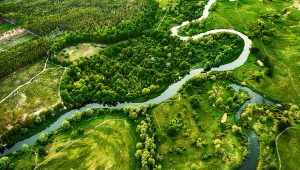
Unpacking freshwater’s role: Climate mitigation measures in land systems
- Freshwater and ecosystems/biodiversity
- Swedish Water House

The essential drop to Net-Zero: Unpacking freshwater’s role in climate change mitigation
- Water and climate
- Water governance
- Freshwater and ecosystems/biodiversity
- Water and energy
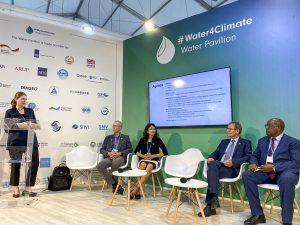
Landmark report: water is critical to avert a climate disaster
- Water and climate
- Water and the 2030 Agenda
- Freshwater and ecosystems/biodiversity
Most recent
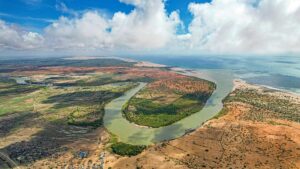
Why sharing data matters for water cooperation in the Juba–Shebelle Basin
- Transboundary Water Cooperation
- Water and climate

Swedish Water House Trendspotting 2026
- Swedish Water House

SIWI Reflections 2025: When Indigenous voices shape global water dialogue
- World Water Week
- Indigenous knowledge

TIARA in Zambia: Scaling resilient rainfed agriculture in the Zambezi Basin

Why climate action must integrate water
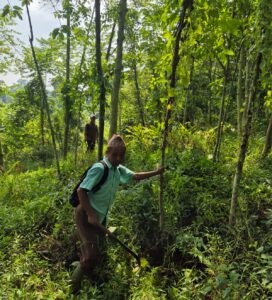
SIWI Reflections 2025: When water-smart restoration builds change from the ground up



